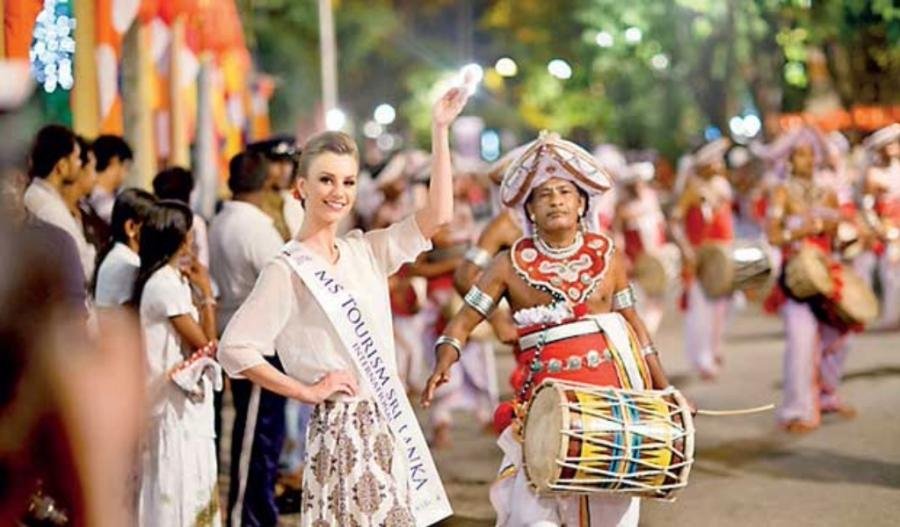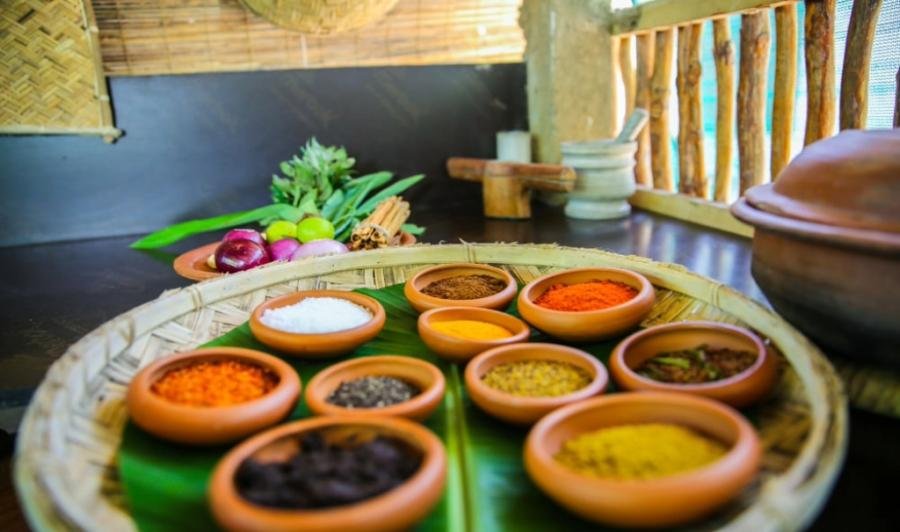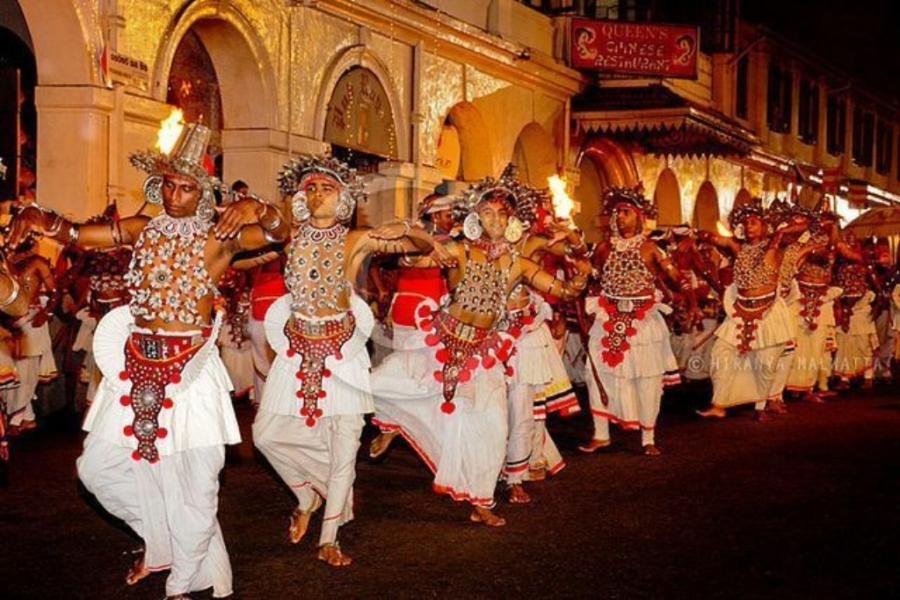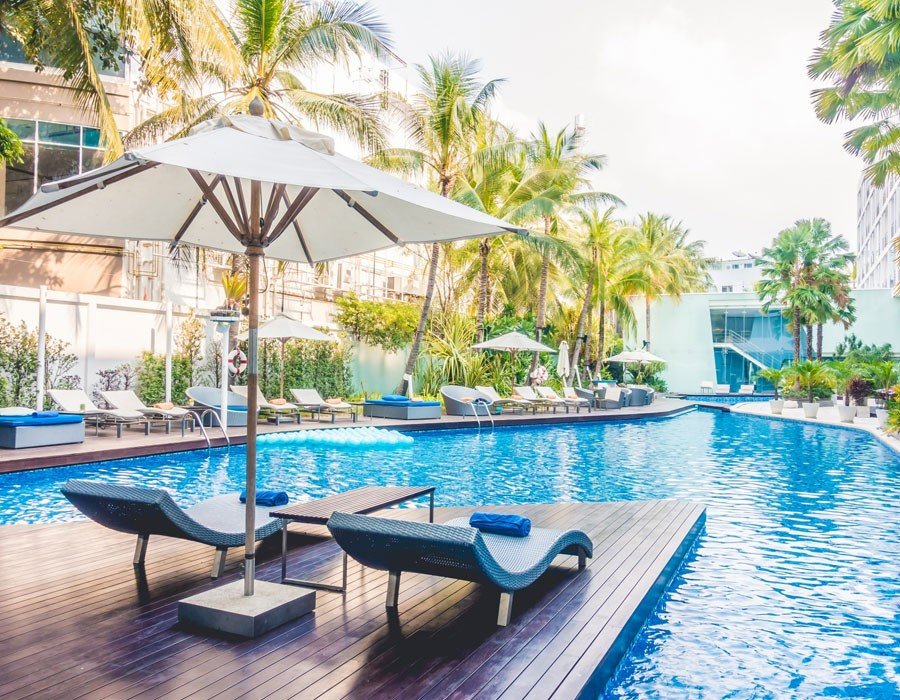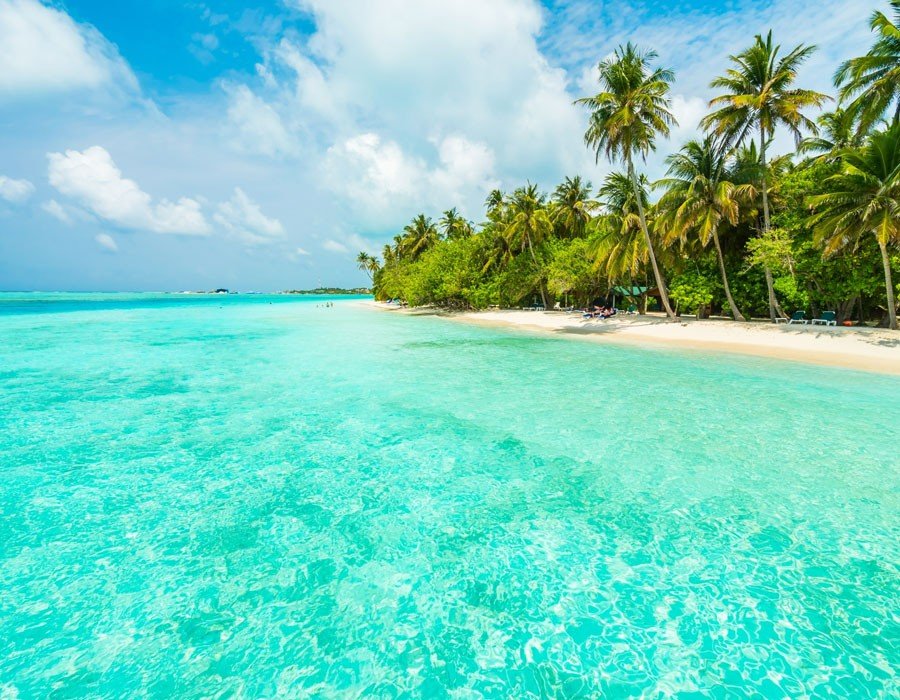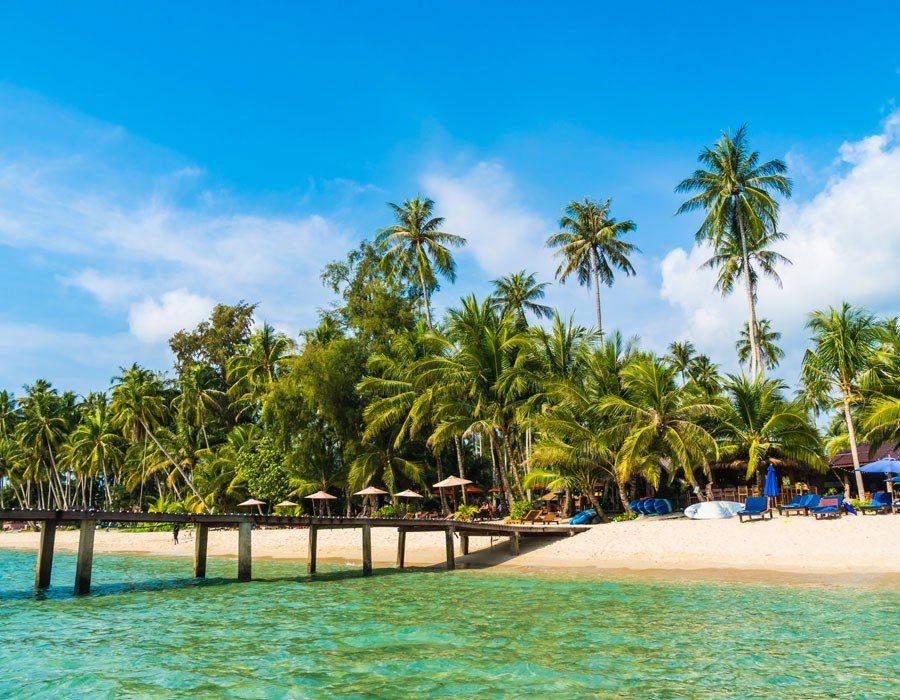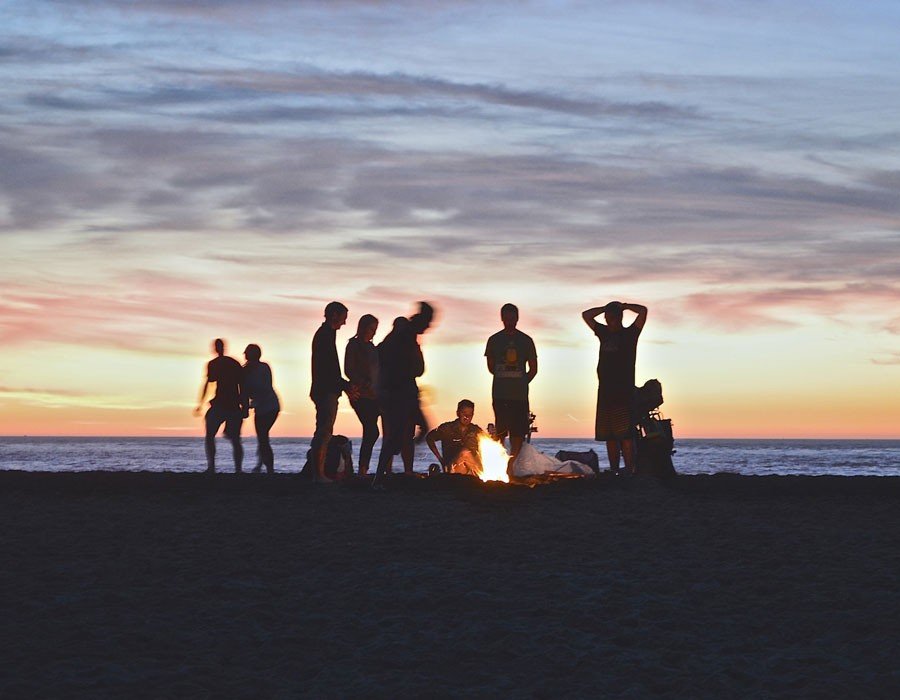Sri Lanka is a country rich in spiritual heritage, with religious traditions playing a vital role in the lives of its people. Throughout the year, the island hosts a variety of religious festivals that reflect its diverse faiths, including Buddhism, Hinduism, Christianity, and Islam. These festivals are celebrated with fervor and devotion, offering visitors a unique opportunity to witness the country’s deep-rooted spiritual practices and cultural rituals.
At Kandy Backpackers Hostel, we encourage our guests to immerse themselves in these local traditions by experiencing some of the most important religious events in Sri Lanka. In this guide, we’ll take you through key religious festivals, explaining their significance, how they’re celebrated, and what visitors can expect when attending.
1. Vesak – The Festival of Lights (Buddhism)
Vesak is one of the most significant Buddhist festivals in Sri Lanka, commemorating the birth, enlightenment, and passing of Lord Buddha. Celebrated in May, this festival transforms the island into a vibrant display of light and color. Homes, streets, and temples are adorned with lanterns, lamps, and illuminated decorations, creating a magical atmosphere after sunset.
In Kandy, as in other parts of Sri Lanka, Buddhists observe Vesak by visiting temples, offering flowers, lighting oil lamps, and performing acts of charity. The event is also marked by "Dansal", where free food and drink are offered to the public as a form of almsgiving, reflecting the Buddhist teachings of generosity and compassion.
For Visitors: Attending Vesak is a truly mesmerizing experience. You can walk the streets at night to admire the stunning lantern displays and stop by local temples to observe the rituals. Just be mindful of dressing modestly and showing respect when visiting sacred spaces.
2. Esala Perahera – A Grand Procession (Buddhism)
The Esala Perahera in Kandy is one of the grandest religious festivals in Sri Lanka and is held in honor of the Sacred Tooth Relic of the Buddha, housed at the Temple of the Tooth. Celebrated in July or August, this ten-day event features elaborate processions of elephants, dancers, musicians, and torchbearers winding through the streets of Kandy.
The festival reaches its climax with the appearance of the Maligawa Tusker, a decorated elephant carrying a golden casket believed to contain a replica of the Sacred Tooth Relic. The Esala Perahera is a powerful blend of religion, culture, and art, drawing thousands of devotees and tourists each year.
For Visitors: If you’re in Kandy during the Esala Perahera, attending is a must. Be sure to arrive early to secure a good spot along the procession route, and don’t miss the Kandyan dancers, drummers, and beautifully adorned elephants that make this festival truly unforgettable.
3. Thai Pongal – Harvest Festival (Hinduism)
Thai Pongal is an important Hindu festival, primarily celebrated by Sri Lanka’s Tamil community. Occurring in mid-January, this harvest festival is dedicated to the Sun God, Surya, and thanks him for a bountiful harvest. The celebration involves the cooking of a sweet rice dish called Pongal made with newly harvested rice, milk, and jaggery (sugar), which is offered to the gods.
Homes are decorated with kolam (intricate designs made from rice flour) at the entrance, and families gather to give thanks for their blessings. The festival is marked by acts of gratitude towards nature, animals, and the community, fostering a sense of unity and togetherness.
For Visitors: Thai Pongal is a great time to visit Hindu temples and observe the festive rituals. You might also be invited by local families to partake in the Pongal meal, providing an intimate glimpse into the traditions and hospitality of the Tamil community.
4. Ramadan and Eid al-Fitr (Islam)
The Islamic community in Sri Lanka observes Ramadan, a month of fasting, prayer, and reflection. The fasting period is a time for spiritual purification, with Muslims abstaining from food and drink from dawn until sunset. The end of Ramadan is marked by Eid al-Fitr, a joyous celebration where families come together for prayer, feasting, and exchanging gifts.
Mosques across Sri Lanka, particularly in areas with large Muslim populations such as Colombo and Kandy, become centers of community gatherings and charity during Ramadan. Visitors are welcomed into this period of spiritual devotion and are often invited to partake in the Iftar (breaking of the fast) meals.
For Visitors: While Ramadan is a quiet and reflective time, Eid al-Fitr is a festive occasion. If you’re in Sri Lanka during Eid, consider visiting a mosque or engaging with the local Muslim community to experience the warmth and hospitality that defines this celebration.
5. Christmas (Christianity)
Sri Lanka’s Christian community celebrates Christmas with a mix of Western and local traditions. Although Christians make up a minority of the population, Christmas is widely observed across the island, particularly in areas like Negombo, Colombo, and Kandy.
Churches hold midnight masses on Christmas Eve, while homes and public spaces are decorated with Christmas trees, lights, and nativity scenes. Carol singing, gift-giving, and festive meals are all part of the celebrations, with a distinct Sri Lankan touch—think Christmas cake made with tropical fruits and spices.
For Visitors: If you’re in Sri Lanka during Christmas, consider attending a midnight mass at a local church to experience the spiritual aspect of the holiday. Many hotels and restaurants also offer special Christmas meals, allowing you to enjoy a festive feast with a Sri Lankan twist.
Tips for Attending Religious Events in Sri Lanka
- Dress Modestly: When attending religious events or visiting temples, mosques, or churches, always dress modestly. For men, long trousers and a shirt are appropriate, while women should wear clothing that covers their shoulders and knees.
- Show Respect: Be mindful of local customs and rituals. Avoid taking photos during religious ceremonies unless explicitly permitted, and follow the lead of locals when participating in rituals like offering flowers or lighting candles.
- Plan Ahead: Many religious festivals, especially those like Esala Perahera, attract large crowds. It’s a good idea to plan ahead, arrive early, and secure accommodations well in advance if you’re visiting during major festival periods.
Conclusion: Embrace the Spirituality of Sri Lanka
Sri Lanka’s religious festivals are more than just events—they are profound expressions of faith, culture, and community. By attending these festivals, visitors not only witness the spiritual life of the island but also gain a deeper appreciation for the harmony that exists among its diverse religious traditions.
At Kandy Backpackers Hostel, we encourage our guests to participate in these religious events, offering guidance on how to fully immerse themselves in the experience. Whether you’re witnessing the grandeur of the Esala Perahera or enjoying the hospitality of a local family during Thai Pongal, Sri Lanka’s religious festivals are a journey into the heart and soul of the island’s people.

